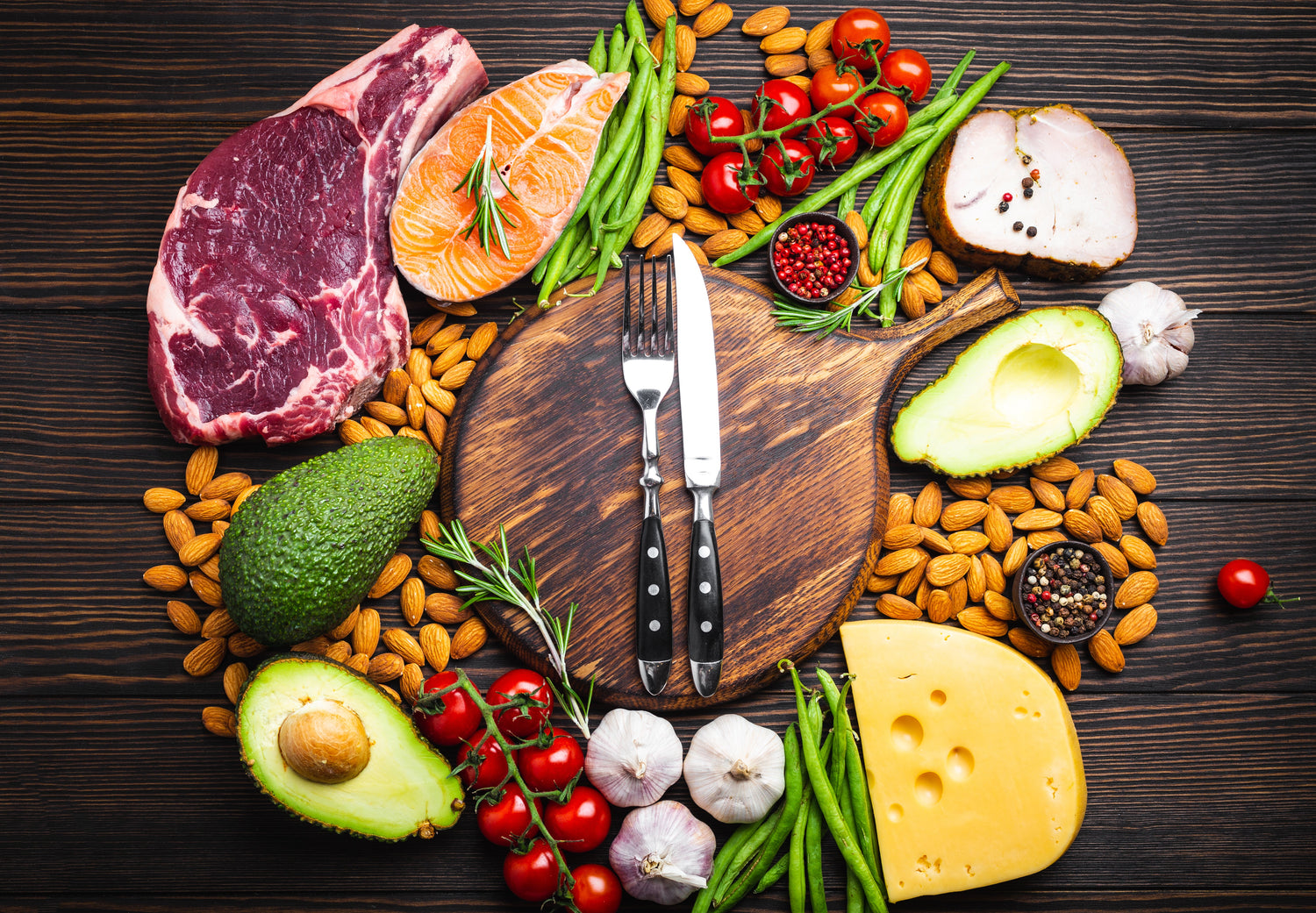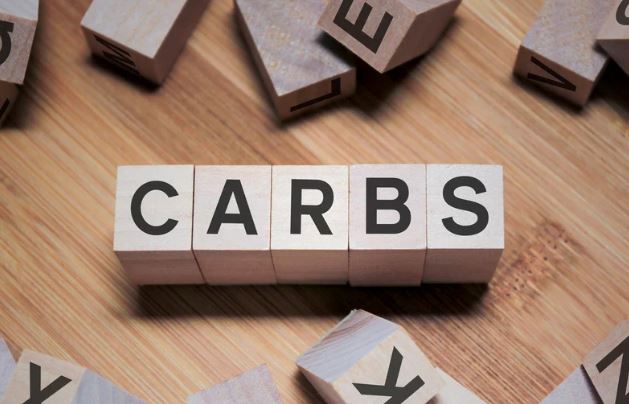The effectiveness of the ketogenic diet can vary from person to person due to several factors. Here are some reasons why the keto diet might not be working for you:
-
Lack of proper tracking : To enter ketosis, it's important to maintain strict macronutrient control, especially limiting carbohydrate intake to less than 5–10% of your daily calories. If you're not carefully tracking your food intake, you could be consuming more carbohydrates than you think.
-
Not being in ketosis : Ketosis is the metabolic state in which the body primarily burns fat for energy instead of carbohydrates. If you consume too many carbohydrates or protein , or if you eat foods that contain hidden carbohydrates, you may not enter or maintain ketosis.
-
Adherence Issues: The keto diet can be difficult to follow due to carbohydrate restrictions, which can lead to non-adherence. If you can't maintain the diet long-term, you may not see sustainable results.
-
Macronutrient imbalance: Although the keto diet focuses on carbohydrate restriction, it's also important to get enough healthy fats and protein. An imbalance in the ratio of these macronutrients can negatively impact your progress. You can find all kinds of fresh keto foods at your local supermarket. To find a variety of keto products , you can visit the keto store , which ships to all of Europe within 24-48 hours. There, you'll also find keto packs to make your daily life easier.
-
Underlying medical conditions : Some medical conditions can make it difficult for your body to enter ketosis or lose weight. If you have medical conditions, such as thyroid issues or insulin resistance, it may be more difficult to see results on the keto diet without proper medical supervision.
-
Unrealistic expectations : The keto diet is not a quick fix for weight loss. Although some people experience significant weight loss initially, this may slow over time . It's important to have realistic expectations about results and understand that weight loss varies from person to person.
-
Lack of physical activity: The keto diet may work best when combined with regular physical activity . If you're not exercising or maintaining an active lifestyle, you may see slower weight loss results.
If the keto diet isn't working for you, it's important to consider these factors and possibly consult a healthcare professional or registered dietitian for personalized guidance, such as Belén Madrigal.
The macronutrients (macros) in the ketogenic diet , or keto diet, are designed to induce and maintain a state of ketosis, where the body burns fat as its primary source of energy instead of carbohydrates. The macros in a typical keto diet are typically as follows:
-
Fats: Fats are the most important part of a keto diet, as they provide the majority of calories and are essential for maintaining ketosis. Approximately 70–75% of your daily calories should come from fats. This includes healthy sources of fats, such as olive oil, avocados, nuts, seeds, and coconut oil.
-
Protein : Protein intake on a keto diet is typically moderate. You should consume approximately 20–25% of your daily calories from protein. This includes foods like lean meat, fish, eggs, low-carb dairy products, and tofu.
-
Carbohydrates : Carbohydrates are very restricted on a keto diet, limited to approximately 5–10% of your daily calories. This typically translates to around 20–50 grams of net carbs per day. Net carbs are calculated by subtracting fiber from total carbs, as fiber doesn't significantly affect blood sugar levels.





